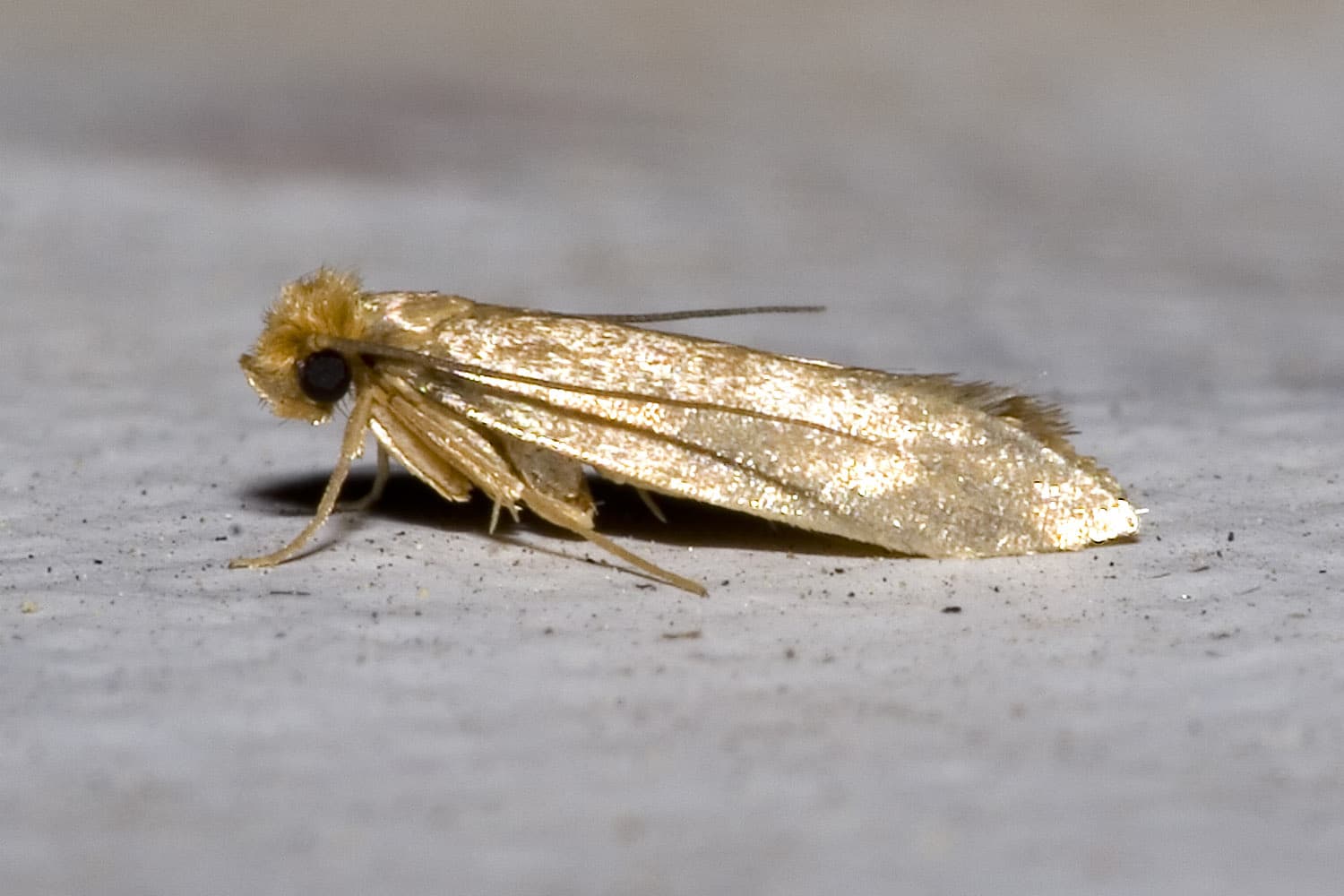Leinster House, the seat of the Oireachtas, is turning moths gay. (Olaf Leillinger/ Wikipedia)
Leinster House, the seat of Ireland’s parliament the Oireachtas, has been using an unusual method to deal with a moth infestation – tricking moths into having gay sex.
The government building is installing more than 70 pods which put out pheromone scents, tricking male moths into mating with moths of the same sex, according to The Times.
The devices, which were fitted by Rentokil, attract male moths by emitting female pheromones, and the moths are then coated in a powder that causes “a state of sexual confusion”.
According to Rentokil: “As the male moths pick up Entostat powder, their pheromone receptors become overloaded with pheromone and they are unable to locate females.
“A male carrying Entostat powder will form a mobile pheromone dispenser, producing ‘false’ pheromone trails, which attract additional males.”
Leinster House has had to deal with common clothes moth infestations for many years, but it is the first year that it has tested this form of “population control”.
According to The Times, a quote excluding VAT provided by Rentokil to Leinster House said the pods were part of a rolling contract worth €4,400 (£3,962), and that they would be refilled eight times per year.
On top of this, a subsequent “fogging misting treatment” of insecticide was priced at €13,095 (£11,791), and vacuuming for eggs would cost €6,480 (£5,835), although it is unclear whether the parliament building has agreed to the entire pest control plan.
However one message from Rentokil said that the whole €23,975 (£21,587) plan was “vital… otherwise this treatment will fail”.
Like many animals, insects and spiders, including moths, are known to engage in gay sex.
There is little research into gay sex among insects, but researchers suspect it often happens by accident between males.
Inon Scharf, an evolutionary ecologist at Tel Aviv University who co-authored a 2013 study on gay insect sex, said: “They have evolved to mate quick and dirty.
“They grab every opportunity to mate that they have because, if they become slow, they may give up an opportunity to mate.”
